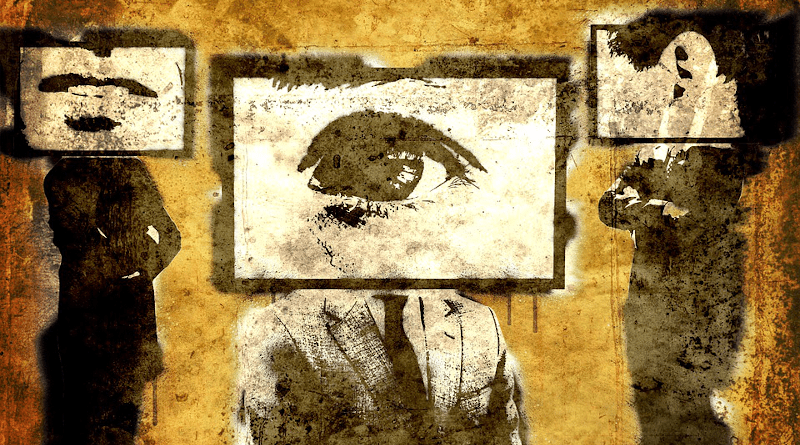The Violent Politics Of Neo-Fascism – OpEd
By Yanis Iqbal
Our age of neo-fascism is characterized by the re-molding of the politico-governmental matrix of hegemonic control. Right-wing demagogues are enacting extraordinary amounts of violence against counter-hegemonic groups and dissident individuals in order to strengthen their hold over the nation’s socio-political terrain. While the liberal framework would have interpreted such repeated exercise of violence as a threat to the legal order of the country, neo-fascists see it as the very activity through which the flow of national life-blood is maintained. This shift in the perception of violence denotes the crucial role that extremist force plays in the political modality of the Right.
For neo-fascists, brutal violence against the ethnic Other is necessary not only in order to prevent resistance but also in order to unleash popular self-confidence, the people’s enthusiasm for ultra-conservative identity projects. Thus, violence is not only repressive but also enabling, encouraging. It is not contrasted to consensual politics but understood as an integral element of consent itself, whereby the fanatic can constitute a conservative community. Violence, in other words, can serve to knit together the threads of religio-cultural zealotry. It functions as a pathway for exclusionary solidarities and provides resources for continual paranoia.
The consent-building capacities of violence can be seen in the way communal riots play out. These riots involve murderous attacks against minority communities and can even assume genocidal proportions. Bloodletting during riots creates a highly hierarchical relationship between the Other and the neo-fascist perpetrator. Completely exposed to the material effects of the latter’s violence, the former is radically reduced to the mere physicality of his/her pain. In comparison to this objectified status of the Other, the perpetrator of violence is able to present him/herself as an absolute subject with unquestioned power. In this way, the violence of riots performs an essential psychological function, forcing the Other to submit, or building a scenario where it seems to submit, thus converting superior physical strength into an appearance of power. “This transformation is possible,” writes Torsten Menge, “because the torturers are in a much better position to shape the social significance of the situation and make their own interpretation authoritative, while the victim’s pain prevents her from speaking for herself. The torturers make the victim’s body speak for them, as it were.”
Therefore, the violence deployed by neo-fascists during communal riots has particular socio-physical effects. In Menge’s words, “it is the imposition of extreme pain on the body that allows the torturers to make the victim’s body speak for them. At the same time, however, torture is not completely ‘incapable of speech.’ Precisely because of those physical effects it can produce politically significant speech: The submission of the torture victim constitutes or reconstitutes a relationship of subordination, one that the audience strengthens by going along with the display”. While communal violence cripples the ability of the Other to communicate his/her independent thoughts, it simultaneously allows the neo-fascist subject to make the Other’s body speak for him/herself. “Violent public torture,” notes Menge, “is not merely an instrument to pursue an already given political end; it can help constitute the concrete social spaces in which the collective setting of ends becomes possible in the first place.”
The productive power of neo-fascist violence – its ability to generate a new set of socio-cultural relations – does not only relate to the direct actors engaging in such violent acts. Instead, it also implicates the by-stander, the person silently watching the riots, lynchings etc., either on the streets or on digital screens. That passive onlooker is ensnared into the ideological network of neo-fascist consensus as an invisible foot-soldier of violence, abetting it not through the clear-cut approval of right-wing normative claims but through uncritical subjection to careerist demands and fear of repression. These two elements –individualistic opportunism and politico-ethical cowardice – render the subjectivity of the bystander incapable of actively using his/her agency. This incapacitation of subjective independence entails an eventual moral acceptance of neo-fascist violence since the onlooker slowly weakens his/her ethical-reflexive powers by constantly genuflecting to the objective exigencies of external structures. Thus, it is evident that the institutionalized violence of neo-fascist regimes can produce a wide circle of consent, which covers not only the direct agents of murderous acts but also the silent spectators of such authoritarian rituals. Our only hope lies in the mobilization of collective courage and strong empathy against the political roguery of neo-fascist thugs. Through a revolutionary praxis of justice and compassion, we can disrupt the field of xenophobia that sustains and reproduces itself through repetitive violence.

